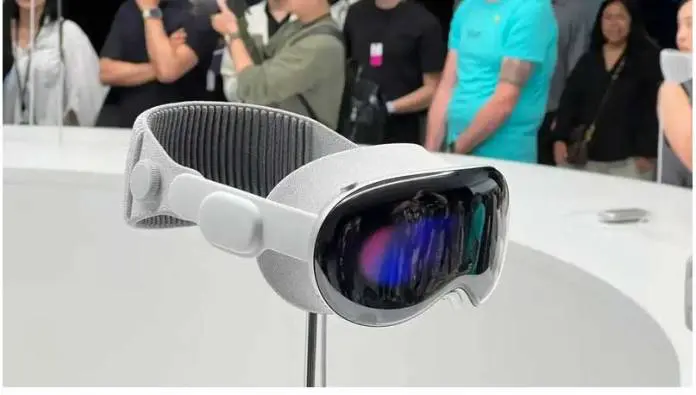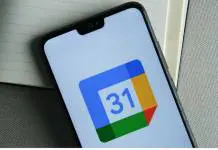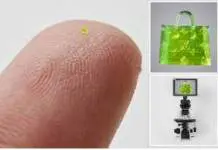
Apple’s Vision Pro VR headset is set for release in the United States in 2024. A limited number of demo units will be made available at the nearly 270 Apple stores across the US, and customers must book appointments to test or buy the device which costs $3,500. Less than 400,000 Vision Pro VR headsets will be manufactured due to the complexity of the mixed-reality device.
At the starting price of $3,500, the Vision Pro is Apple’s most expensive flagship product since the Apple Watch in 2015. Although the company hints that a cheaper version might be released by 2026, company staff acknowledged that the Vision Pro is highly sophisticated and its sales to the public must be highly monitored for user precision.
Potential buyers will be asked to visit Apple stores to test the product because of the complexity of using it and the precision needed to use it well. For instance, customers may have their heads measured to ensure that the product sits well on their heads, and those using prescription glasses may have lens inserts done for them via an online portal.
Apple will be launching a special iPhone app to scan the shape and size of a customer’s head to determine the fitness of the device before purchase. People who may likely purchase it online will be asked to upload the same details after getting their faces scanned to determine how the product and its accessories will sit on the person.
Based on these issues, Apple plans to sell the Vision Pro directly to users for at least one year before making it available to retailers by 2025. Store representatives will be trained to help people set up the device and use it correctly for optimum results. Apple will also work on supply chain logistics so that third-party resellers can maximize its availability.
According to reviewers, the Vision Pro has dual 4K micro-OLED displays as well as curved internal electronics and dual chips. It has a headband, a light seal, a charger similar to that of the MacBook Pro, and a two-hour external battery pack. Several accessories are also being developed based on the feedback of testers to give customers value for their money.
Carl Zeiss AG was contracted to manufacture optional prescription lenses for the device for people who would require them – and potential users with different eye lenses may have something worked out for them. To prevent people from bumping into objects and damaging the front glass in the process, Apple is built-in alerts to warn people when they come too close to objects, and a Travel Mode for those traveling in a car or airplane.










